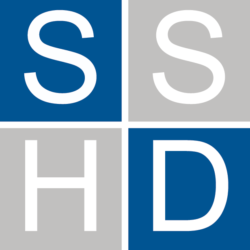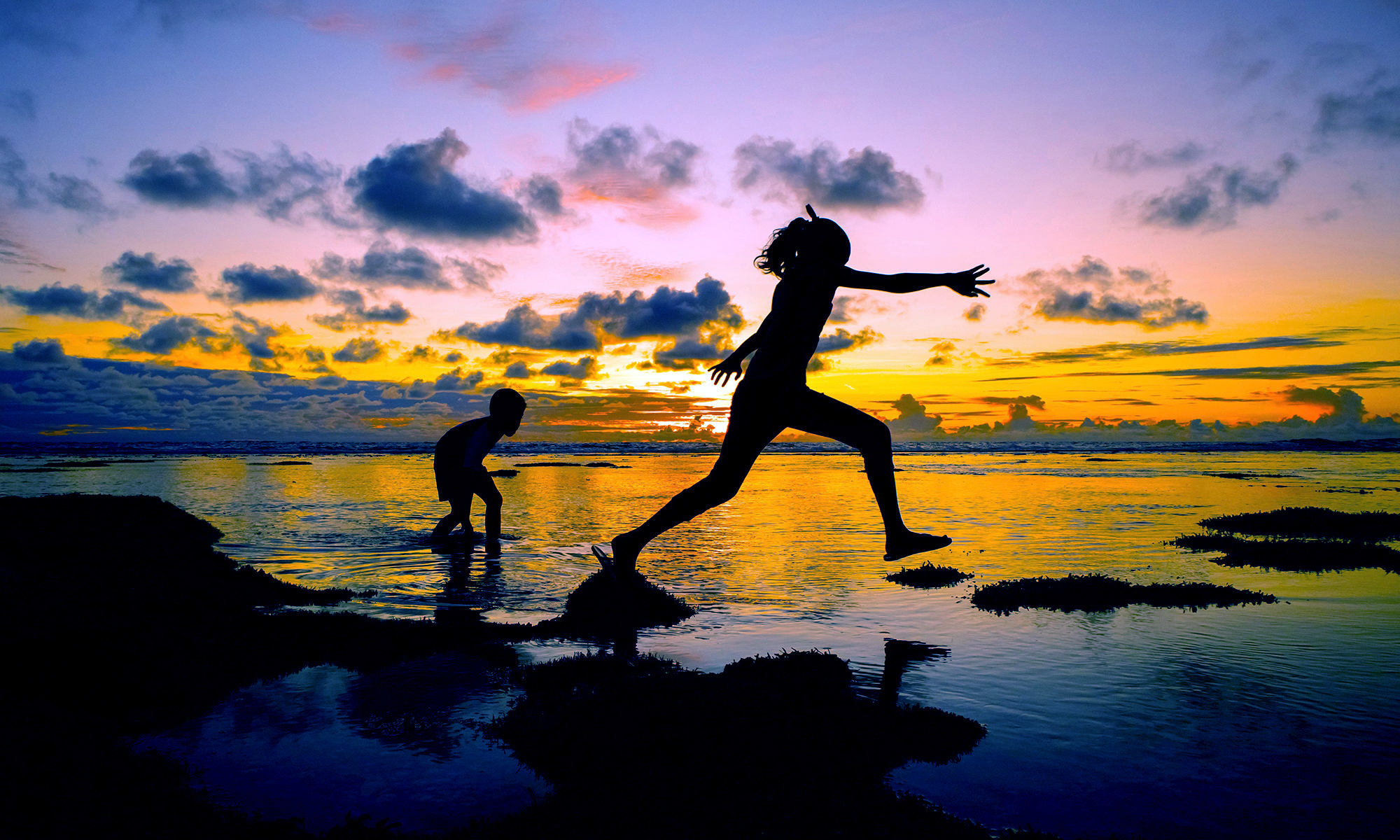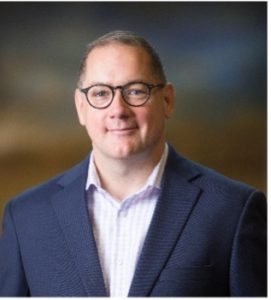 Taking a closer look at research and experiences of SSHD members
Taking a closer look at research and experiences of SSHD members
~Researcher’s Window~
This month we are getting better acquainted with the research of Rick Settersten, Barbara Knudson Endowed Chair and Professor of Human Development and Family Sciences at Oregon State University, and Head of the School of Social and Behavioral Health Sciences in the College of Public Health and Human Sciences.
- What drew you to do work in human development? My mother will tell you that, even as a little kid, I was fascinated by time: I was too often worried about being on time or late. I loved to sit with boxes of old family photographs, intrigued by how people had changed as they’d grown older, and with old family members, asking questions about the past. My whole career would come to be driven by questions about how women and men experience time, age, and the life course.
- Did you have any mentor or a researcher who had substantial influence in your path or work? Is there a significant moment or story that capsulizes the nature of that influence on your scholarship or professional journey?
In the spring of 1985, I fell in love: In an undergraduate course in adult development and aging, we watched an old film based on landmark Kansas City Study of Adult Life of the 1950s. There on screen was Bernice Neugarten, talking about ideas that had deeply resonated with me: That every society has scripts that define a “normal, expectable life.” That these scripts come with “age timetables” for major life transitions, and people know whether they are on-time or off-time. That in middle age, time seems to accelerate and people begin to think much more about how much time they have left.
I would eventually have the privilege of studying with Neugarten and her academic “daughter,” Gunhild Hagestad. Their influences are very present within me. Gunhild and I have over 30 years of shared history, she aging from her 40s to 70s and me from my 20s to 50s. I am now older than she was when we first met! We recently wrote a personal essay about aging in The Gerontologist.
I’ve been lucky to have many mentors, and each one has taught me something special. We need mentors at every point in our careers, not just when we are young.
- You have a range of important work, select 1-2 findings that you feel are key contributions to human development and describe those in brief. What might be the cultural, inclusion or global significance of your work?
I am repeatedly struck by this observation: That in the United States, private resources and social relationships matter a great deal in determining people’s outcomes. It’s as true for old age as it is for childhood.
As a life course researcher, I am constantly confronted with the stark realities of advantage and disadvantage in our nation, and with how much these accumulate over life and across generations. And yet, I’m also witness to the fact that human beings can be extraordinarily resilient in the face of adversity, and that people with privileged beginnings don’t always escape negative outcomes.
There’s a silver lining: Many of the things that create disadvantage and adversity are malleable through interventions and through changes in institutions and policies. And as researchers, it is within our reach to improve human lives and social worlds.
- If you had just one wish for the study of human development, what would it be? How would it advance the field?
Ha! I love it that you’re asking that question. Megan McClelland and I devoted a special issue of Research in Human Development to it a few years ago.
My wish is that developmental science will get better at revealing the intensity and complexity of human life as a social experience. Life’s strongest storylines are punctuated by and enmeshed with other people. The principle of “linked lives” is repeated as a mantra in life course literature. And yet this stands in direct contrast to the state of research, which largely treats individuals as if they exist in isolation of others. To simply say that lives are “linked” says nothing about their nature, length, purposes, or consequences. We need to do better in revealing these things.
- A mentoring statement or quote you find most meaningful or life-changing.
From Maya Angelou, who said: “I’ve learned that people will forget what you said, people will forget what you did, but people will never forget how you made them feel.” That’s how I’ve tried to live and lead.
About the researcher
Edited and launched by Yoko Yamamoto, Deborah J. Johnson, and Qingyang Liu
SSHD Publicity & Diversity Science Initiative Committee
Visit our website for more information! https://sshdonline.org/
Like us on Facebook!
Follow us on Instagram!
Follow us on LinkedIn!

 Dr. Rick Settersten is Barbara Knudson Endowed Chair and Professor of Human Development and Family Sciences at Oregon State University, and Head of the School of Social and Behavioral Health Sciences in the College of Public Health and Human Sciences. He is the founding director of the Hallie Ford Center for Healthy Children and Families at OSU and was a member of the MacArthur Research Network on Transitions to Adulthood and Public Policy. He received his doctorate in Human Development and Social Policy from Northwestern University and held a postdoctoral fellowship at the Max Planck Institute for Human Development and Education in Berlin
Dr. Rick Settersten is Barbara Knudson Endowed Chair and Professor of Human Development and Family Sciences at Oregon State University, and Head of the School of Social and Behavioral Health Sciences in the College of Public Health and Human Sciences. He is the founding director of the Hallie Ford Center for Healthy Children and Families at OSU and was a member of the MacArthur Research Network on Transitions to Adulthood and Public Policy. He received his doctorate in Human Development and Social Policy from Northwestern University and held a postdoctoral fellowship at the Max Planck Institute for Human Development and Education in Berlin